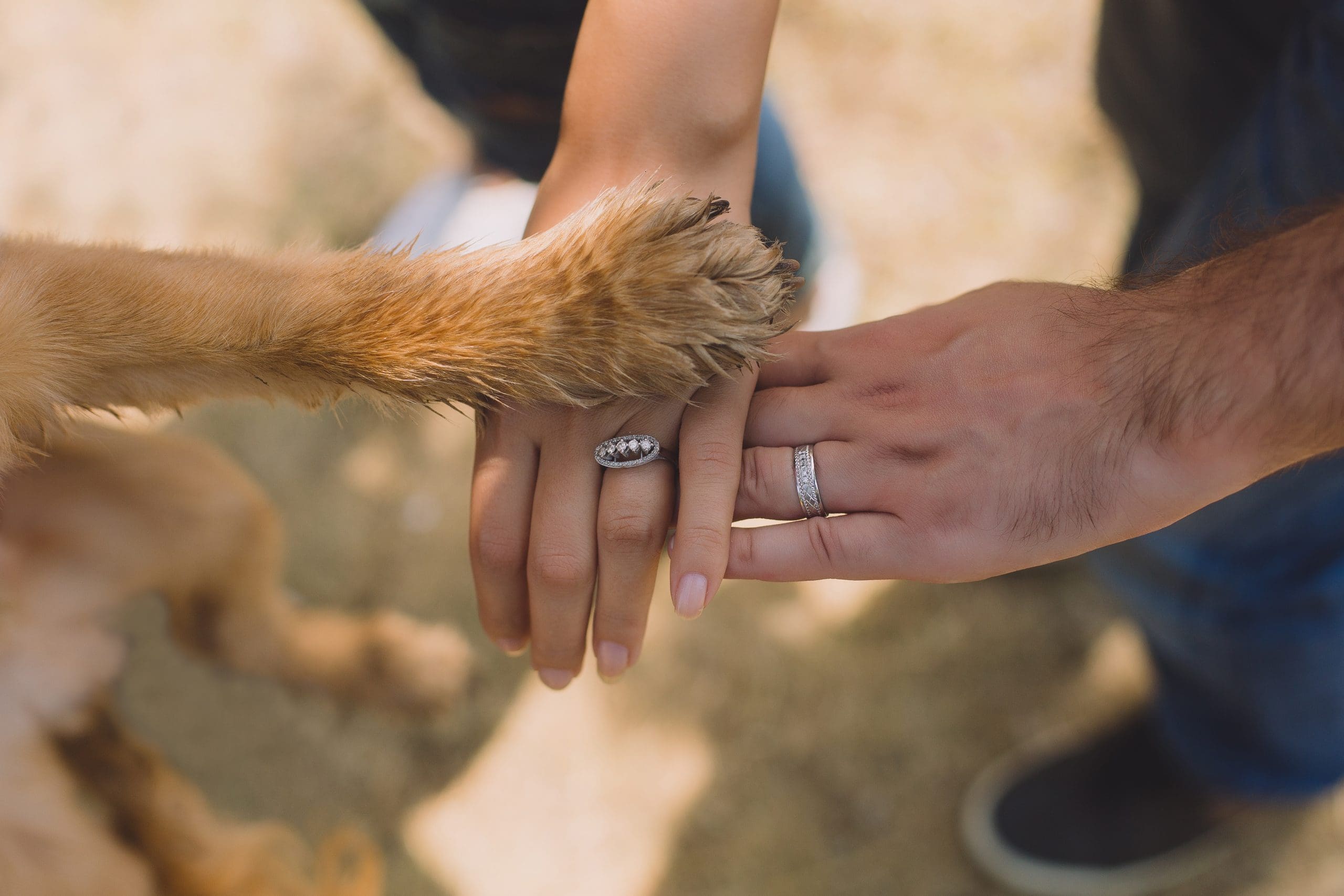
Natural Cleaning Instinct
Dogs are known for their cleanliness, and licking is one of their primary ways of grooming themselves. Just like cats, dogs use their tongues to clean their bodies, including their paws. By licking their paws, dogs can remove dirt, debris, and parasites that may have gotten stuck between their toes or lodged in their pads. It’s their way of keeping their paws clean and maintaining good hygiene.
Soothing Irritated Skin
Another reason why dogs lick their paws is to alleviate discomfort or itchiness caused by various skin issues. Paws are particularly vulnerable to irritants and allergens that dogs may encounter during their walks or outdoor playtime. These irritants can cause inflammation, itchiness, or infections, leading dogs to lick their paws to soothe the discomfort. If you notice excessive licking accompanied by redness, swelling, or sores, it’s essential to consult your veterinarian for a proper diagnosis and treatment plan.
Boredom or Anxiety
Sometimes, dogs lick their paws as a self-soothing mechanism when feeling bored, anxious, or stressed. Just like humans bite their nails or engage in other repetitive behaviors when feeling restless, dogs may resort to licking their paws to alleviate their emotional discomfort. This behavior can become a habit if left unaddressed, so it’s essential to identify the underlying cause of your dog’s boredom or anxiety and find appropriate ways to alleviate it. Mental stimulation, regular exercise, and a calm and safe environment can help reduce this type of paw licking.
While occasional paw licking is typical for dogs, excessive or persistent licking can indicate an underlying issue that requires attention. Here are a few tips to help you manage excessive paw licking in your furry companion:
1. Regular Paw Checks: Make it a habit to inspect your dog’s paws regularly for signs of injury, irritation, or foreign objects. Keep their paws clean and dry, especially after walks or outdoor activities.
2. Environmental Modifications: If specific allergens trigger your dog’s paw licking, consider making environmental modifications to reduce their exposure. This may include using pet-friendly cleaning products, changing their bedding, or even consulting an allergist for specific advice.
3. Consult Your Veterinarian: If your dog’s paw licking persists or is accompanied by other concerning symptoms, it’s essential to seek professional advice from your veterinarian. They can help identify any underlying medical conditions and provide appropriate treatment options.
Remember, understanding why dogs lick their paws is the first step toward addressing this behavior. By providing proper care, addressing any underlying issues, and ensuring a stimulating environment, you can help your furry friend maintain healthy and happy paws.
[/fusion_text]

